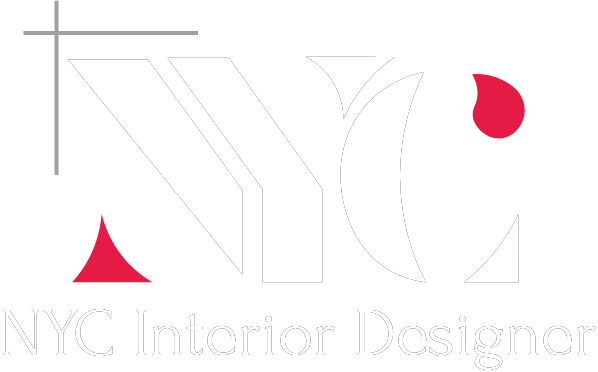A residential septic systems works on the same principal as a larger municipal waste treatment center. The waste products are broken down by bacteria which is naturally present in the material. This bacteria flourishes in a low oxygen environment such as a septic tank. The bacteria breaks the waste down into a liquid form. This liquid is then dispersed into the field lines where it is absorbed into the soil. There are several different types of septic systems with the most common being the gravity systems using gravel field lines. These are also the most economic to install.
Preliminary Necessities
Before selecting a septic system you will need to conduct a percolation (perc) test on your property. First of all you will have to call up a specialist to continue plumbing services in Robina. This test measures the rate of absorption for the soil in that specific location. Once this rate is determined you will know how much field line is required or if a specialized system is required. The cost for this test varies a great deal, but you can expect to pay in the neighborhood of $300.
In many areas you will also be required to receive a permit to install a septic system. This cost is set by the state or county and will again vary widely. In some areas the permit will cost $250 while in others the permit can be as high as $1,000.
Basic System
The basic septic system is gravity feed and consists of a septic tank attached to a series of field lines. These are by far the most common and most economical to install. They also require the least amount of maintenance.
The are many variables involved in costing a septic system. These include the size of tank you select, as well as the amount of field line required. The cost of raw materials in your area will also have a direct effect on your installation cost. Because of these variables, the cost can range anywhere from $2,000 up to $5,000, according to CostHelper. In areas where materials and labor are higher these cost can be elevated to as high as $12,000.
Other cost you may incur include landscaping. When digging up two to three hundred feet of field line you can do a considerable amount of damage to sod and shrubbery in the area. If these must be replaced, your cost will go up.
Specialty Systems
In certain areas the soil will not have an adequate absorption rate to accommodate a standard septic system. Another issue may be the size of your property or the property may be too un-level for a conventional system. In these cases you will need to install a specialty system. These include Mound Systems, sand filters, peat systems or aerobic systems.
These systems are more complex and thus more expensive. While the basic gravity system will be $2,000 to $5,000 a specialty system will usually start out at around $6,000. In some instances these systems can cost $15,000 or more to install. In most cases these systems also have a higher annual maintenance cost associated with them.
